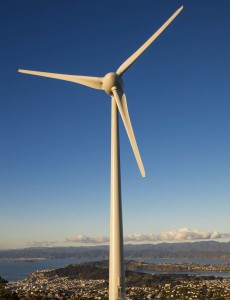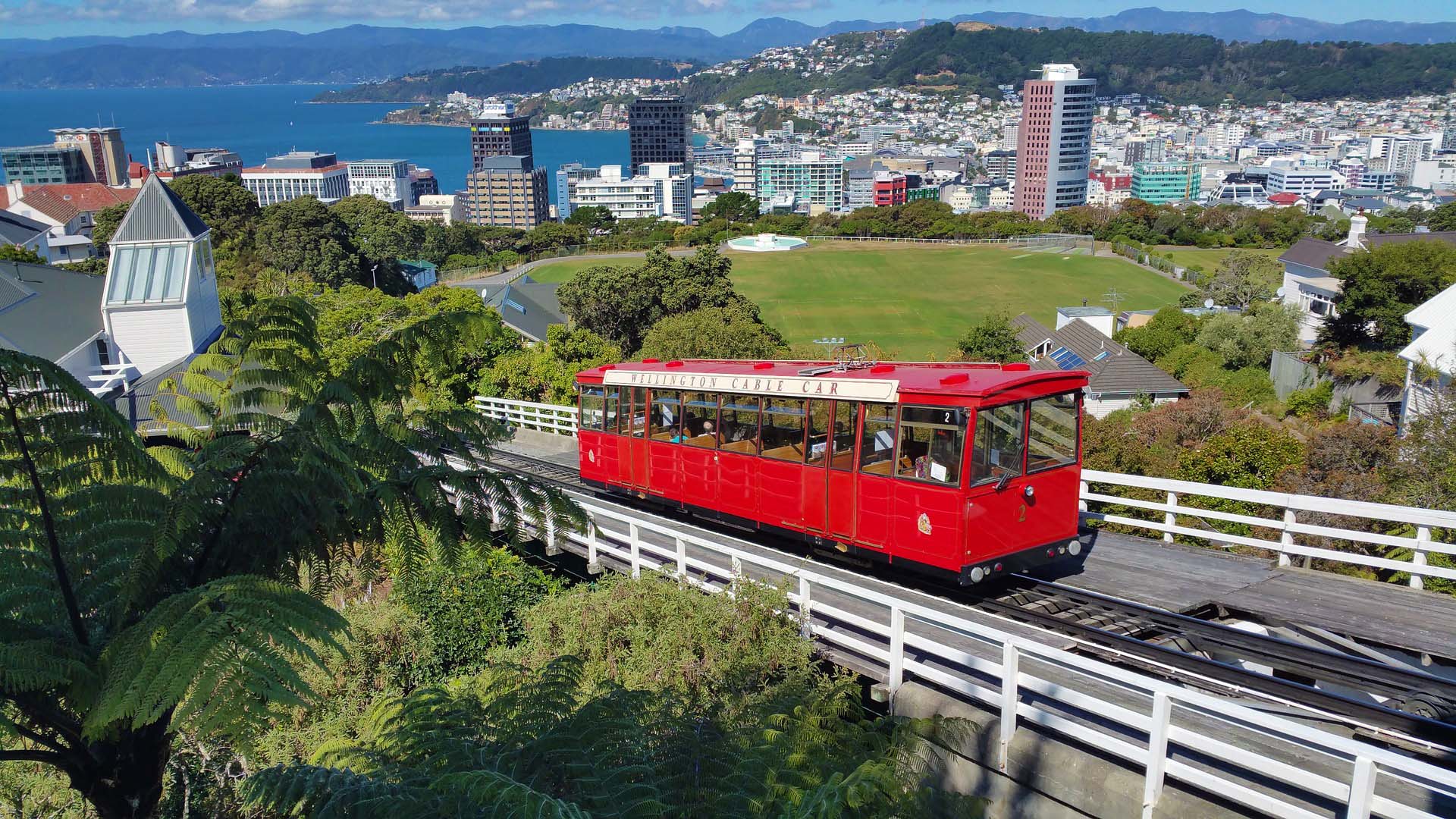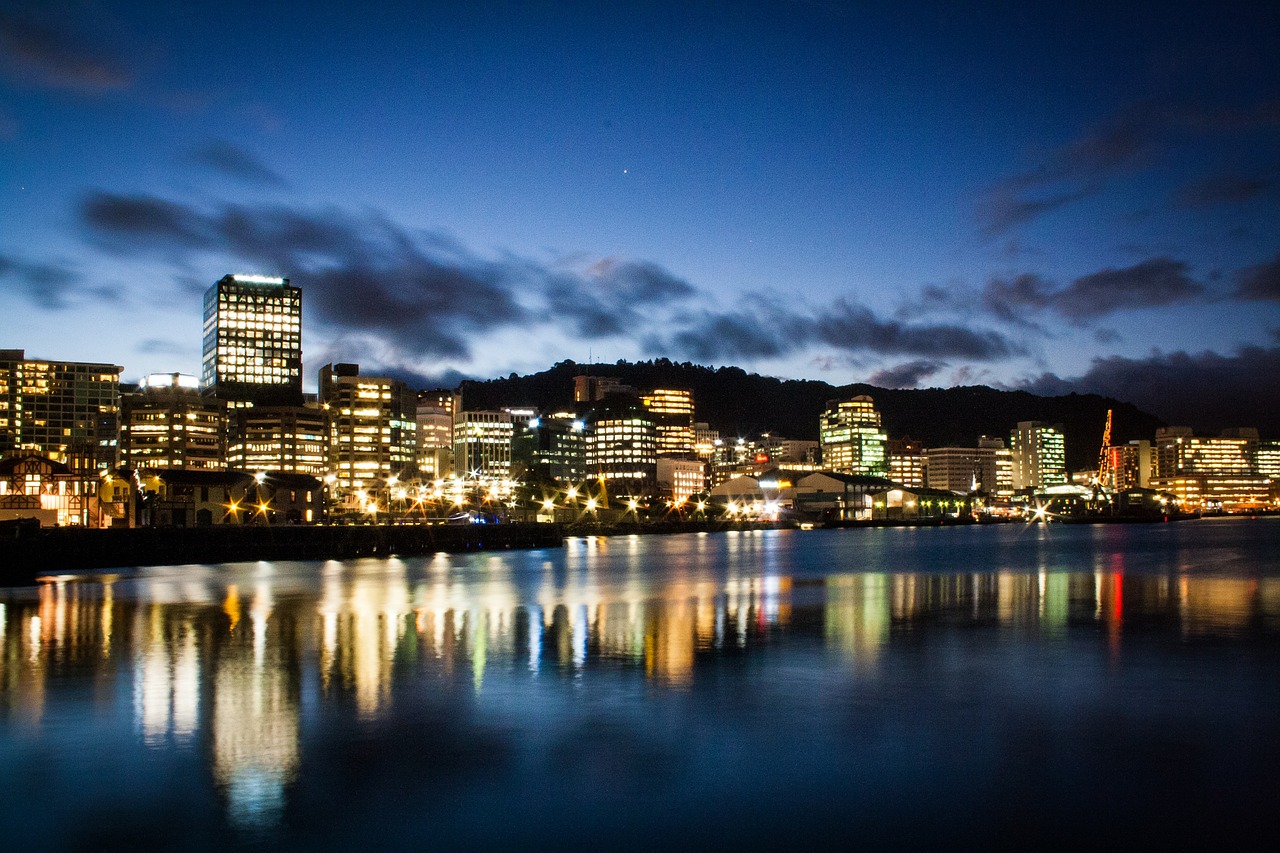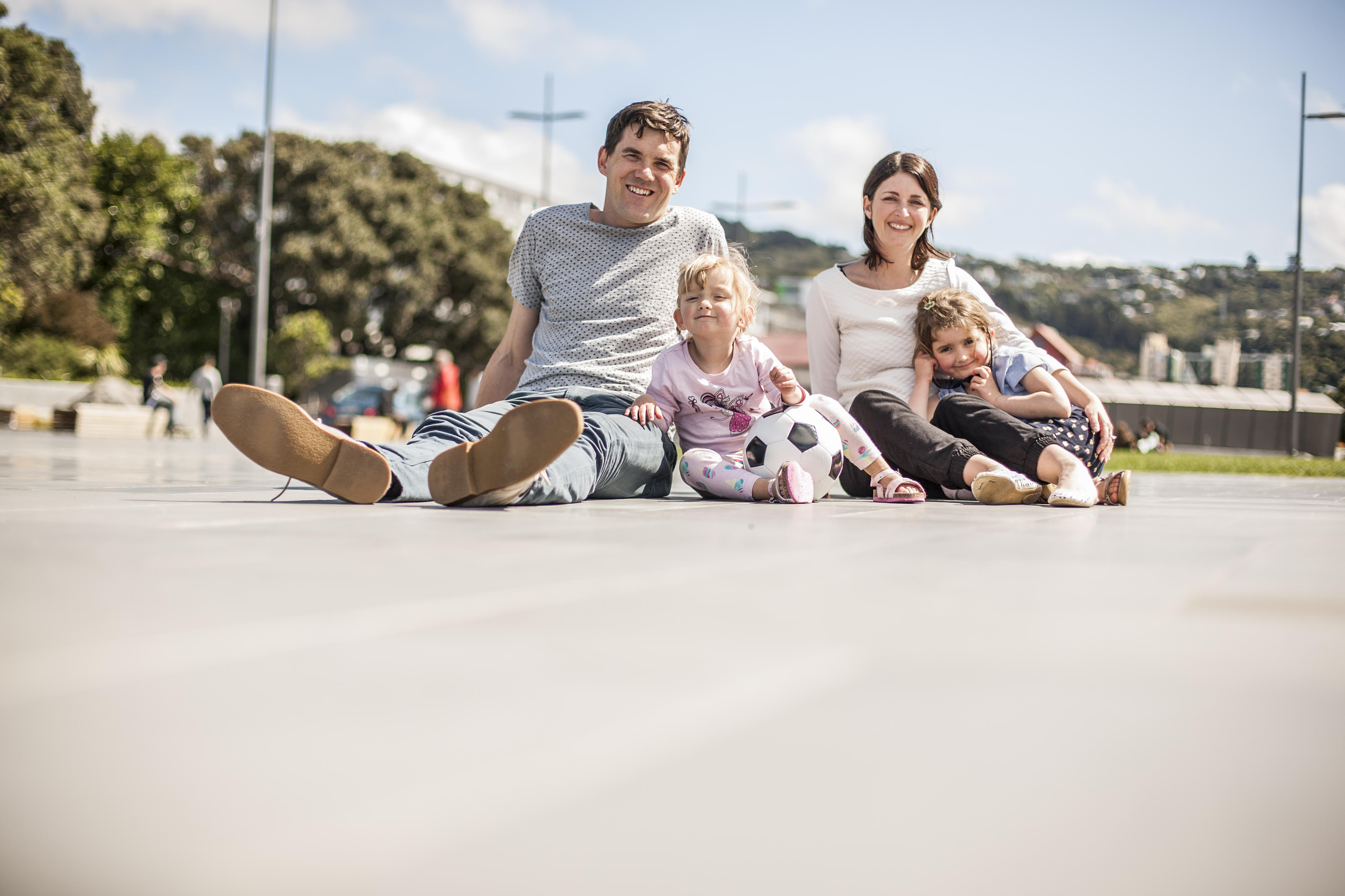The recent earthquakes were a timely reminder of the power of Mother Nature – as if Wellingtonians needed any further reminding. But while the forces of nature that shook us awake in the early hours of 14 November were distressing for many it is important to remember that they are also the same forces that have shaped the City we all love. From the hilly outer suburbs and green belt to our stunning harbour and waterfront, Wellingtonians value our place in nature and our natural environment is as integral to our identity as the Beehive and the occasional stiff breeze.
Investing in a resilient and sustainable Wellington has to be a priority over the next decade and beyond. How we plan, grow, and build our cities is going to be critical in the global fight against climate change. Cities produce seventy percent of global emissions and ninety percent are coastal making them vulnerable to the impacts of climate change. Cities have the ability, the motivation, and increasingly the political will to make meaningful changes. Moreover the very practices that will enable cities to lower their emissions, or improve air and water quality, will also improve quality of life and make our cities much more enjoyable places to live, work, and play.

One of Wellington’s Wind Turbines
That’s why I see sustainability as part of the Wellington story. Whether you’re running a household or a business it just makes sense. I started my own business Kapai in 2006. Kapai is run on the values of local, fresh, good food. For me being sustainable as a business means you’re more efficient. It’s that basic. Waste is nothing more than lost resource and that’s why we have a goal of zero food waste at Kapai and we prioritise biodegradable packaging wherever possible.
Being a values-based business means we are able to offer a value-added product and Wellingtonians have responded extremely positively as we now celebrate a decade of doing business in the Capital.
Those values and principles that I applied in running a business are just as applicable when it comes to running a city. Efficient use of resources, minimising waste, reducing environmental impact, and always looking for those value-add opportunities.
And in Wellington I’m proud to say we’re building off a strong base. Our City is compact and liveable. We have the highest rates of active transport in the country and the lowest greenhouse gas emissions per capita in Australasia. Our net City-wide emissions have reduced 1.9% since 2001 despite a 21% increase in population and 36% increase in GDP over the same period. Wellington also has New Zealand’s highest per capita concentration of web-based and digital technology companies and Wellingtonians are more than twice as likely to work in ICT as people in other New Zealand cities.
However I am well aware that there is a lot more we could be doing. Wellington City Council’s Low Carbon Capital plan, passed in June this year, lays out a three year pathway for climate change mitigation activities across the Council and the City with three areas of focus – Greening Wellington’s growth, Changing the way we move, and Leading by example. While the Low Carbon Capital plan follows on from earlier climate change action plans this time we decided to do things a little differently.
First of all we wanted to base the actions, priorities, and targets as much as possible on Wellington specific data. So we invested in three key tools. We developed the Wellington 2050 Climate Calculator to better link our City targets to action. We’ve updated our regional and city greenhouse gas inventory to chart our progress, and we’ve had our City Council corporate emissions data collection audited by Enviromark Solutions and are now CEMARS (Certified Emissions Measurement and Reduction Scheme) certified as an organisation.
Our calculator tool has shown us where our efforts are best placed to achieve the highest emission reductions and as a result we’ve identified getting people out of private fossil fuel powered motor vehicles as a top priority. That’s why we’re supporting walking and cycling and public transport and remain committed to compact urban development with most of our forecast population growth going into the CBD. We’re also focussed on installing electric vehicle charging infrastructure across Wellington and supporting the growth of car share and have committed up to 100 car parks across the City for these activities over the next three years.
Our greenhouse gas inventory has shown us we’re heading in the right direction as a City but still face significant challenges as a region especially in dealing with the impacts of deforestation on our regional net emissions. And our CEMARS certification and data allows us to benchmark and set targets for our Council-wide emissions so we can lead by example.
Measurement and solid data matters and we believe with these three tools we are now far better placed to make informed decisions on behalf of our residents which will reap the most benefits for our climate.
The second thing we did was change the way we talk about climate change with our communities. It’s a pretty basic quality of human nature that we’re more likely to do things that make us feel good, and less likely to do things that make us feel bad. So instead of a technical document heavy in language around emissions sectors and tonnes of carbon dioxide equivalents we focussed on telling the Wellington story and highlighting all the benefits of low-carbon activities beyond simple greenhouse gas emission reductions.
Because at the end of the day it doesn’t matter why people switch to low carbon behaviours and practices – ultimately the planet still benefits. If we’re being realistic as families go about their busy lives lowering their greenhouse gas footprint is unlikely to be top of mind except for a small minority of committed and informed citizens (many of whom we are extremely lucky to have working at Wellington City Council). But if it makes them feel healthier and happier, saves them time or money, or is more convenient then that may be what gets them across the line and our City and planet are the happy unintended beneficiaries.
And whilst climate change is by far and away the greatest sustainability challenge we face in Wellington City it goes much broader than just that. Biodiversity, connections with nature, urban agriculture and energy independence are all areas of interest for our Council as we build a more sustainable and resilient Wellington. In addition to the existing efforts of our outstanding volunteer groups around the city, we recently announced an exciting partnership with the NEXT Foundation and Greater Wellington Regional Council to fund the beginnings of our Predator Free Wellington initiative. Beginning with the Miramar peninsula, and moving slowly west and north we aim to get rid of the rats and mustelids that threaten our native species. In partnership with our many community volunteer groups the Council is on the way to meeting our goal of planting 2 million trees by 2020. By restoring our native plant population and eliminating pests, we can do our bit to restore and protect the unique species that are found nowhere else in the world.
We are living in exciting times as increasingly the world has come to realise that the old paradigm of economic success always coming on the back of environmental degradation has been completely discredited. With new ways of thinking, and by grasping those value-add opportunities, we can grow our economy and protect our environment at the same time. It just makes sense. We’d be fools not to.
But ultimately we need to make these changes because morally it is the right thing to do. I want a world in which my daughters, and their children, can enjoy the same opportunities and quality of life – or better – than I have had. If we leave them with a compromised and unproductive planet we will have failed in that goal.
The needs of future generations are too often neglected in the hectic pace of the 3-year election cycle. But I believe we can change that. We can reshape our future to bring both prosperity and environmental success. We can build a better and more sustainable world – and for me that starts in Wellington.






Leave a comment